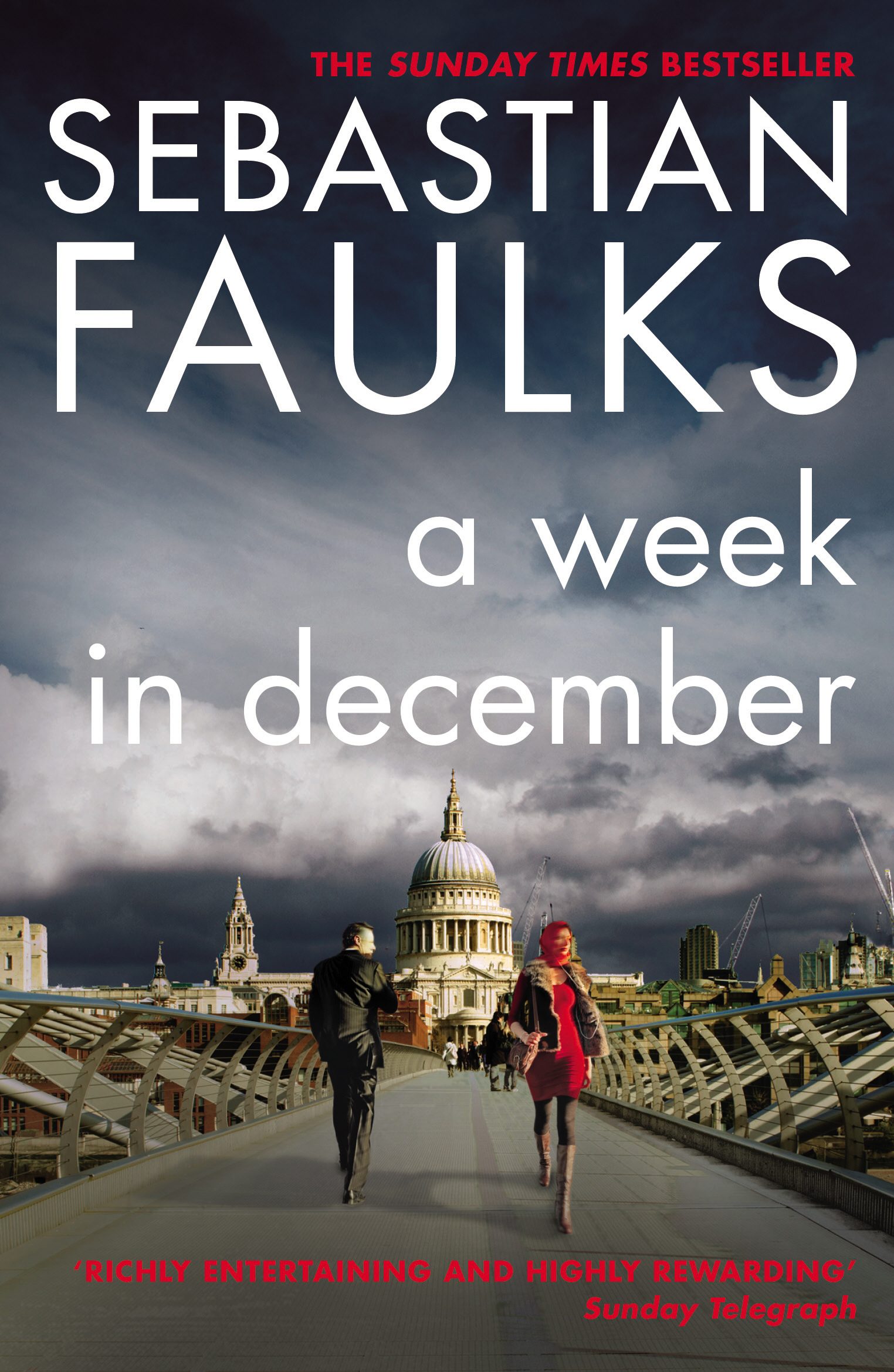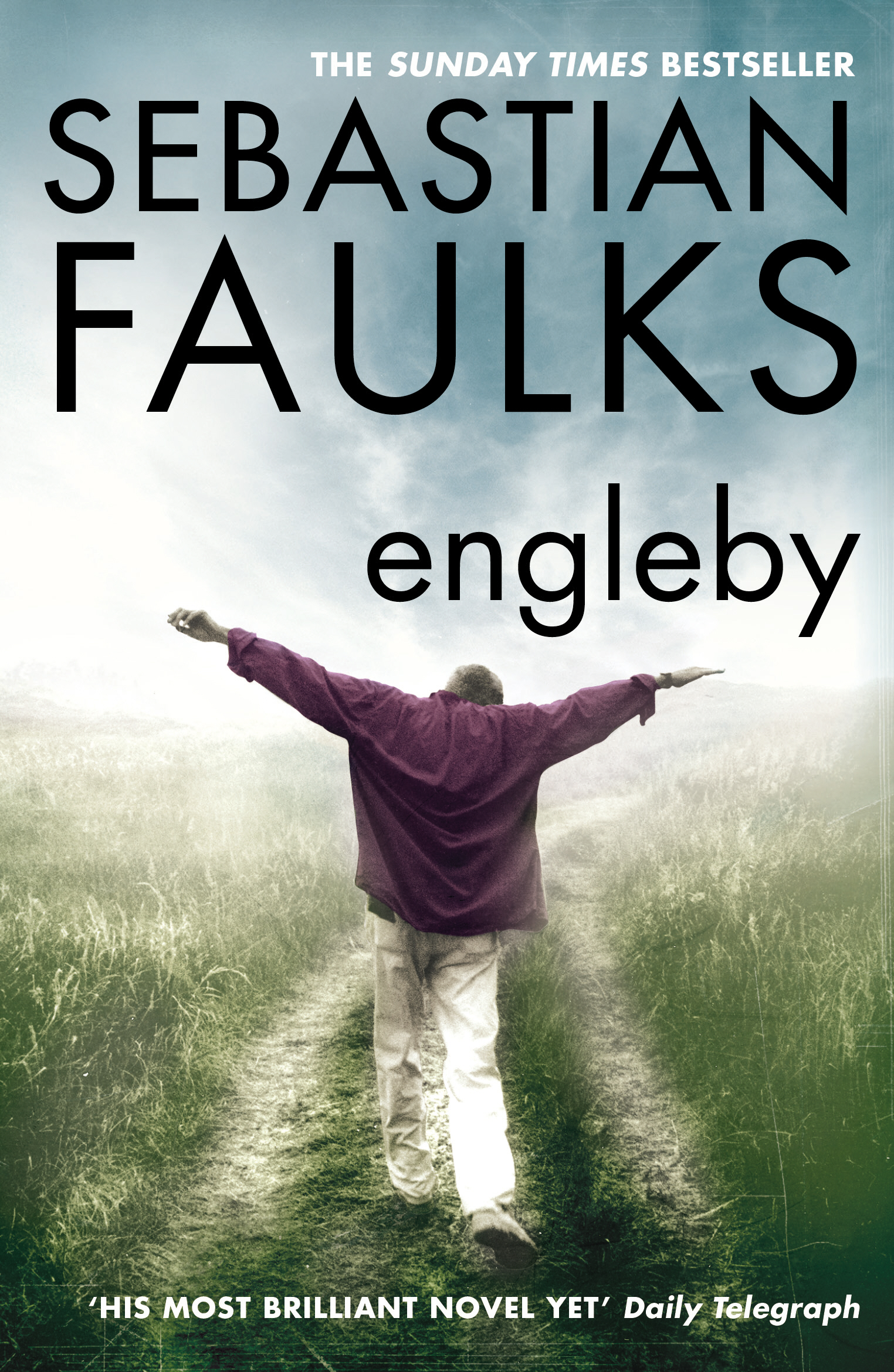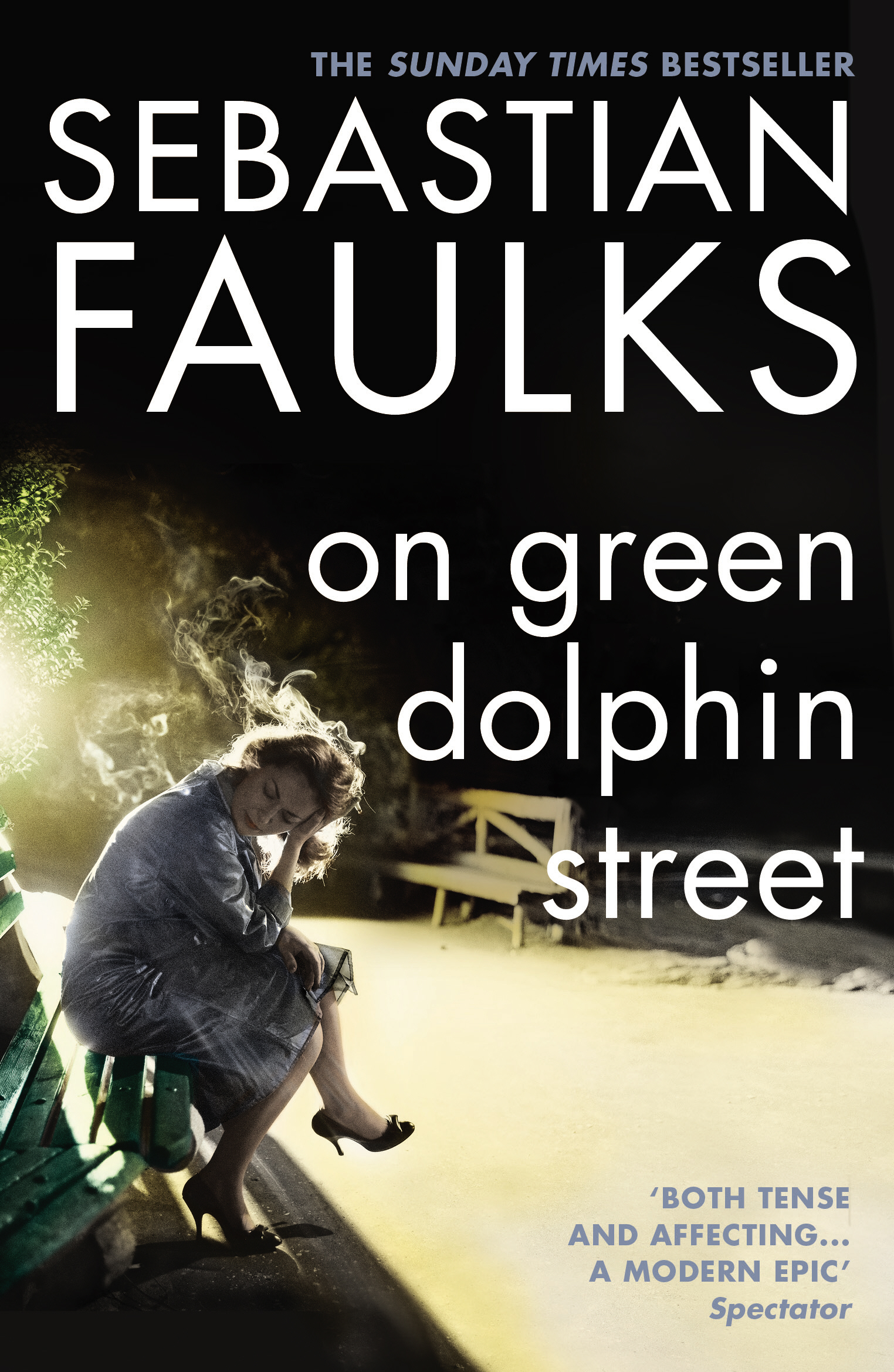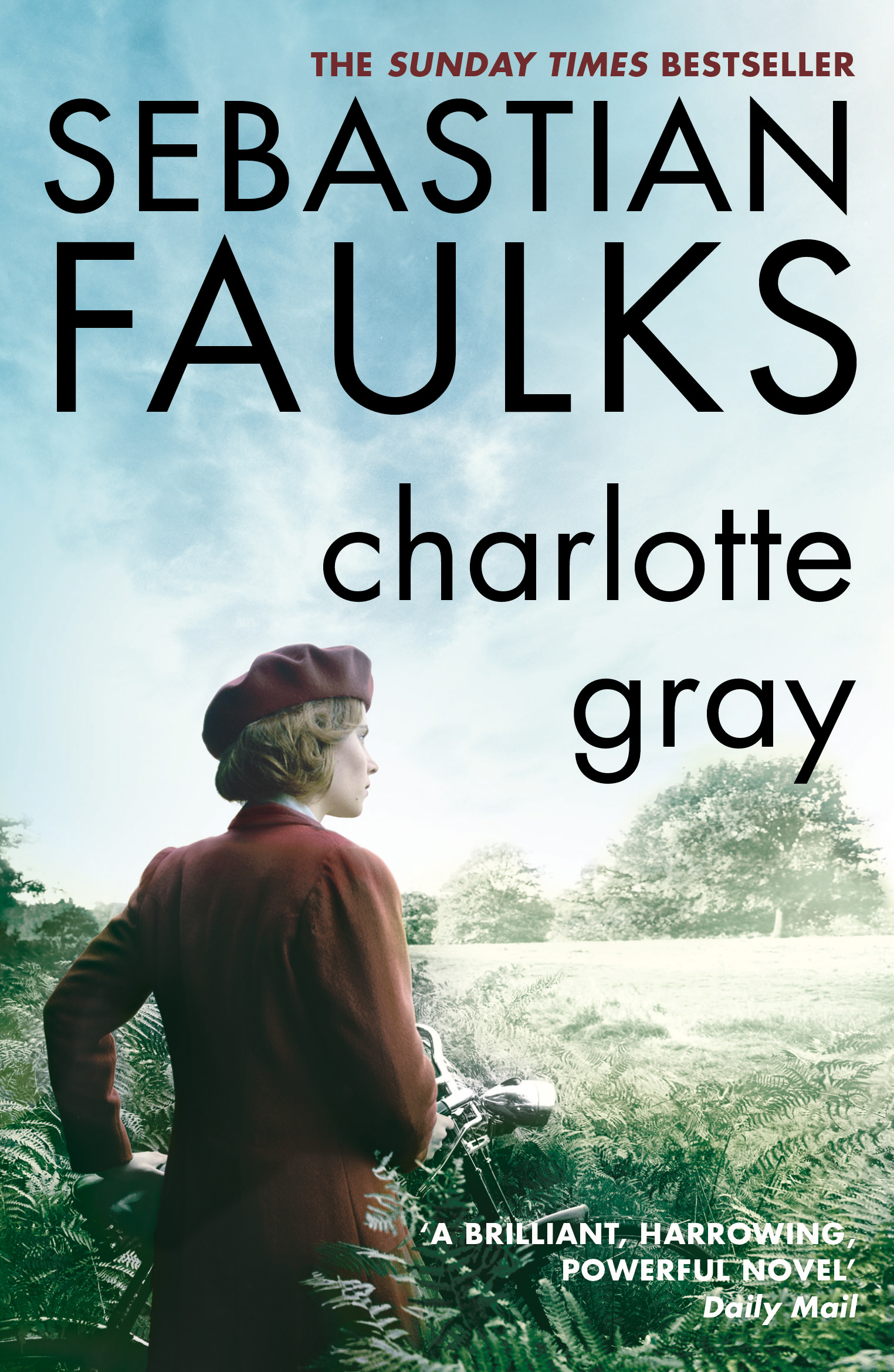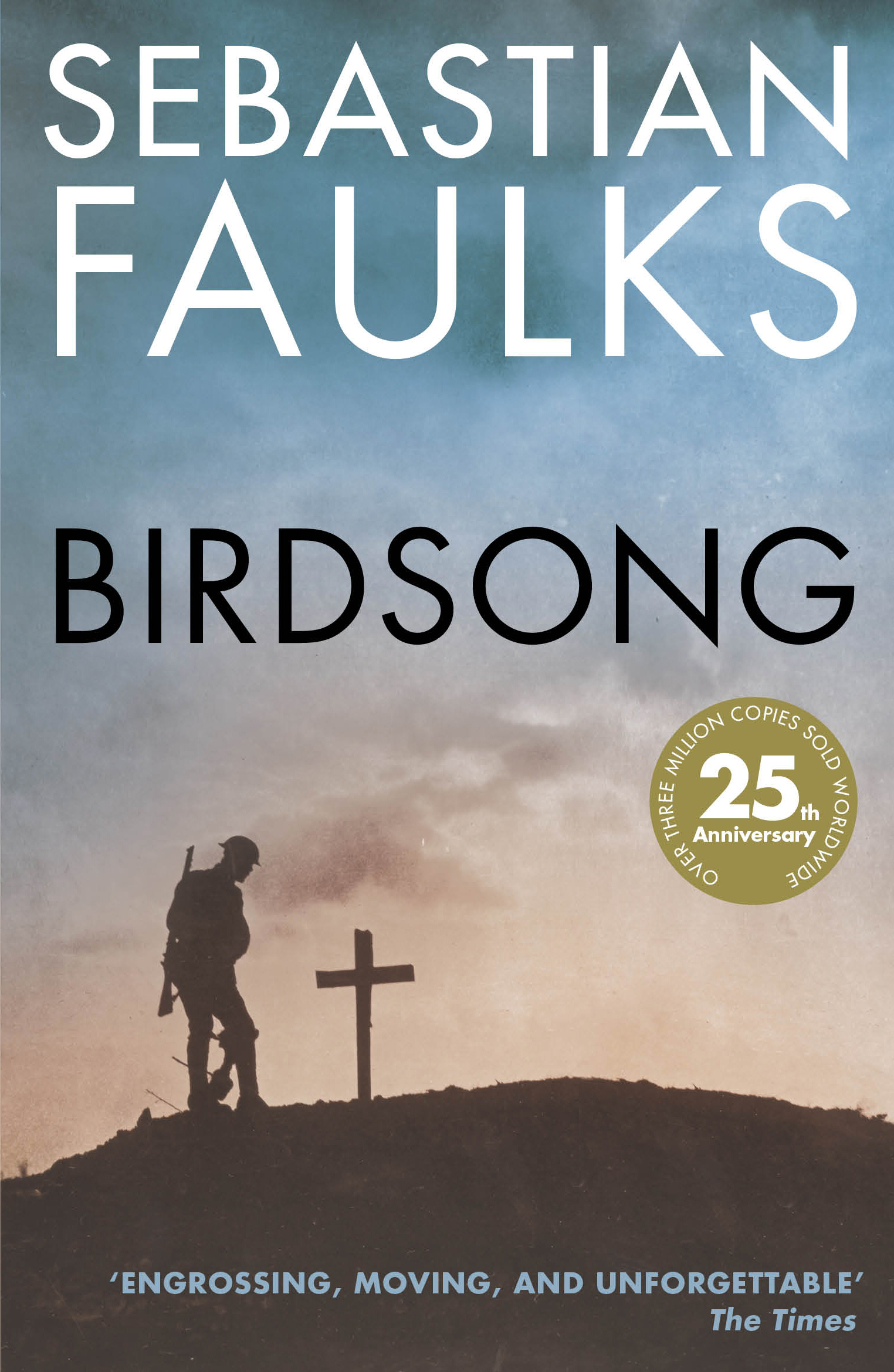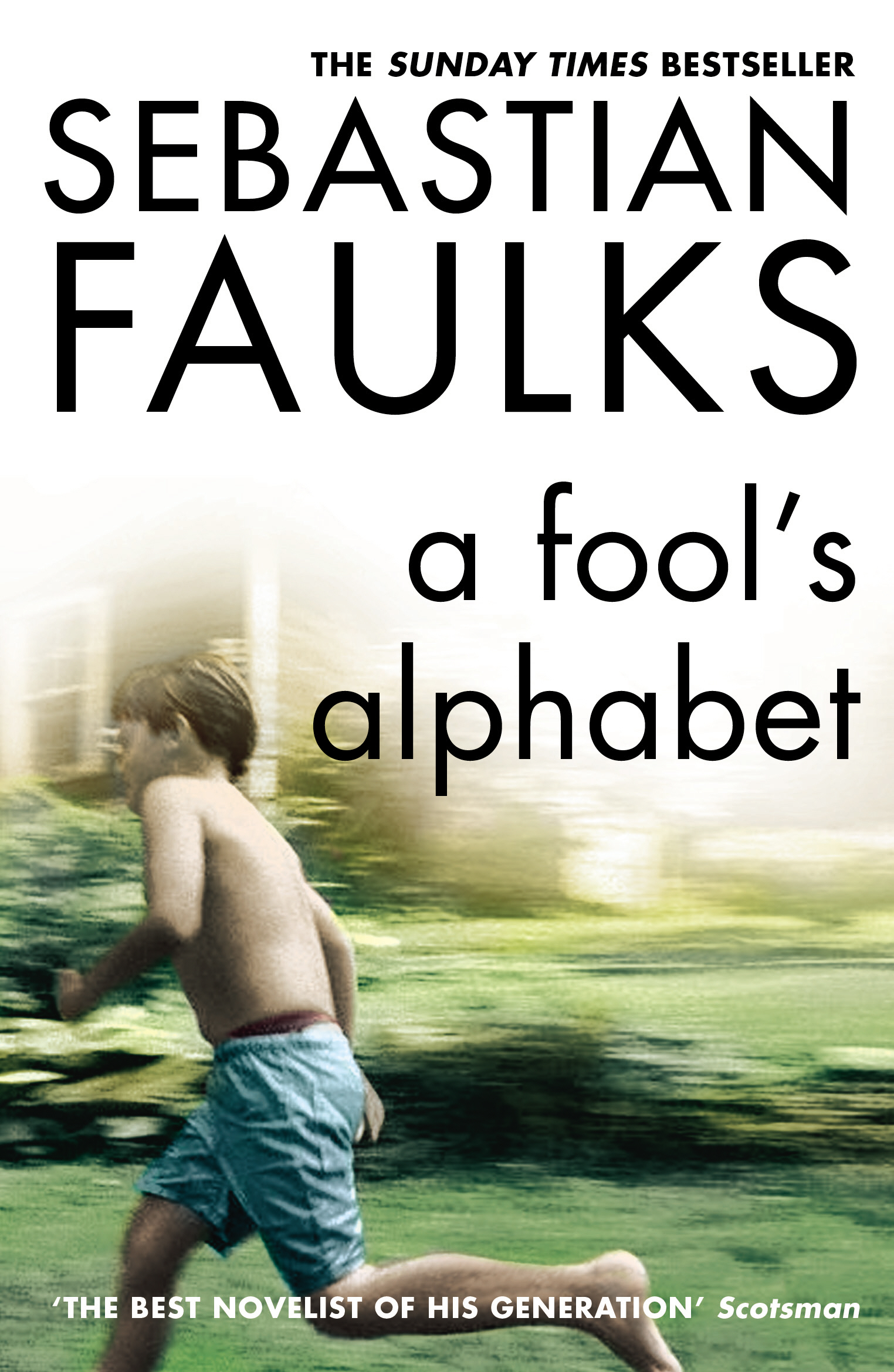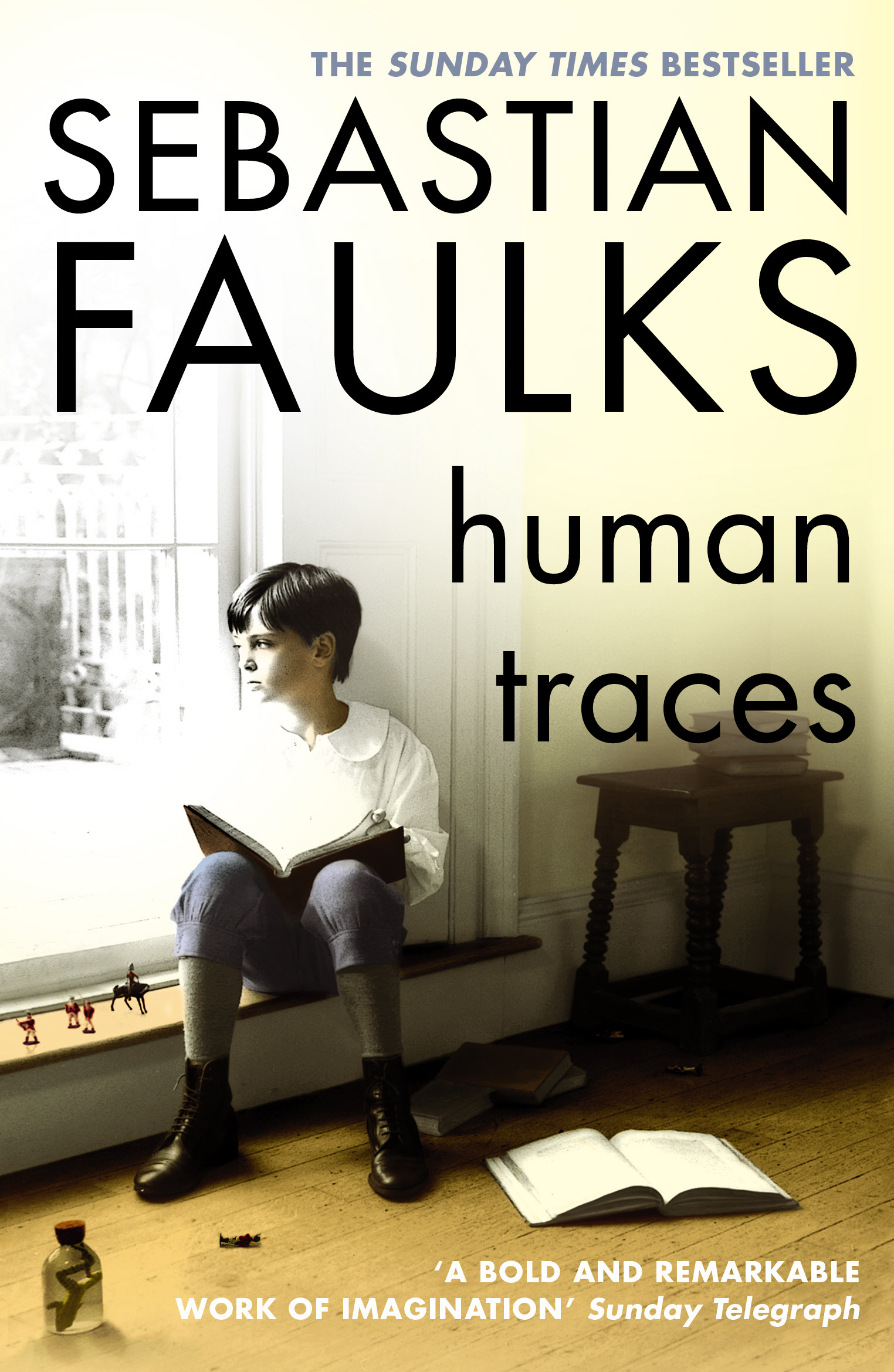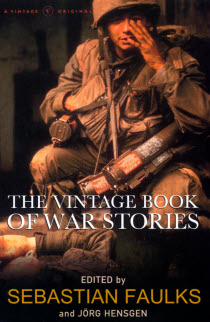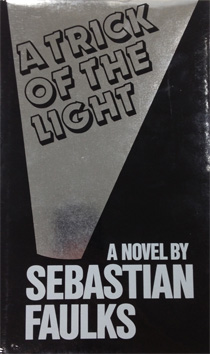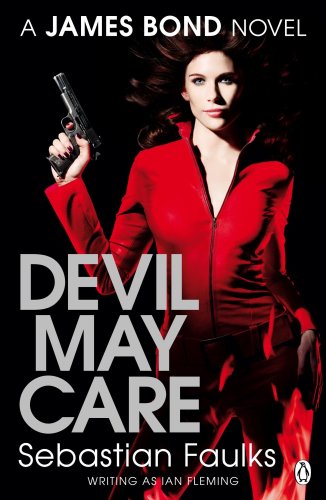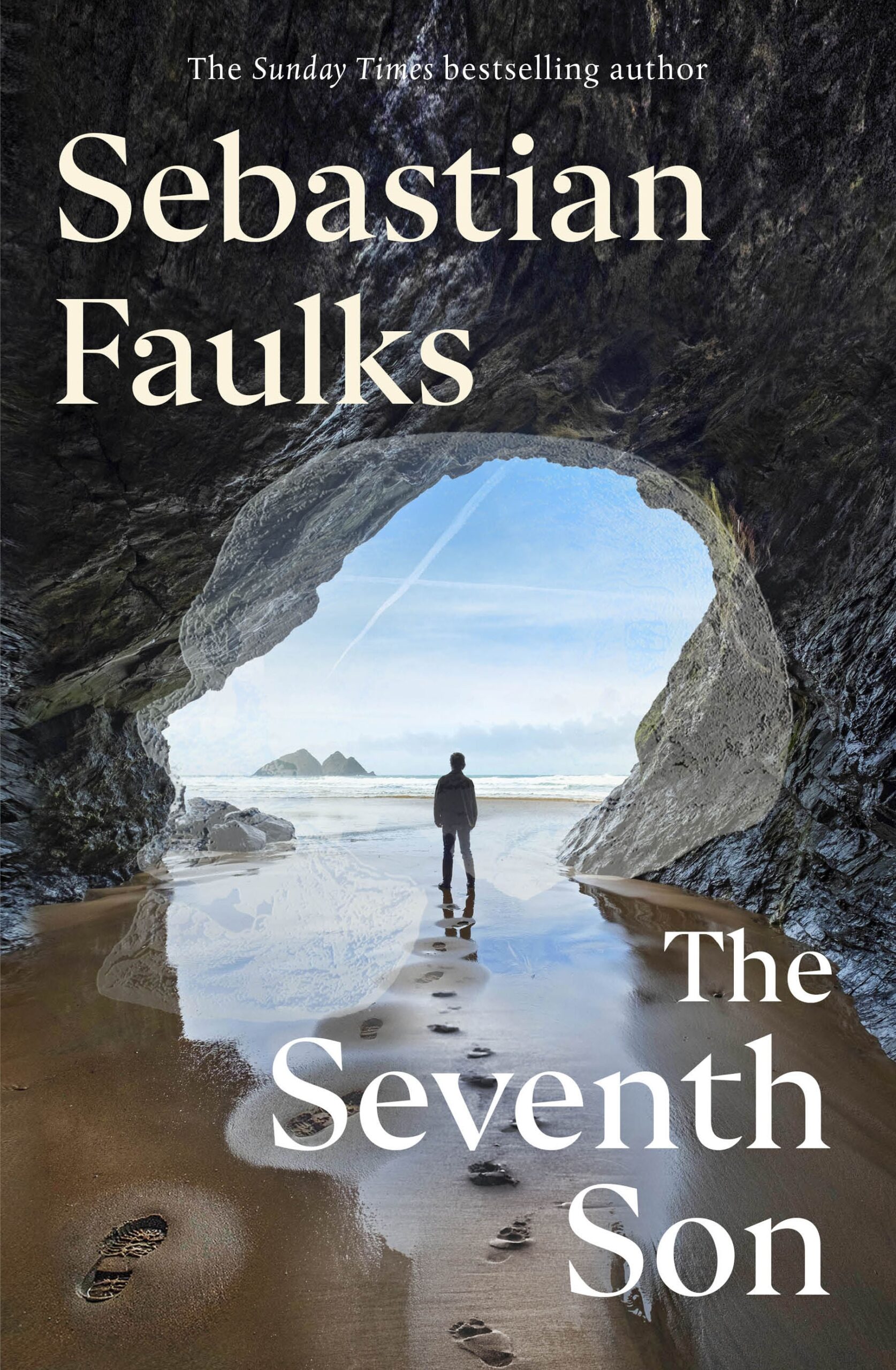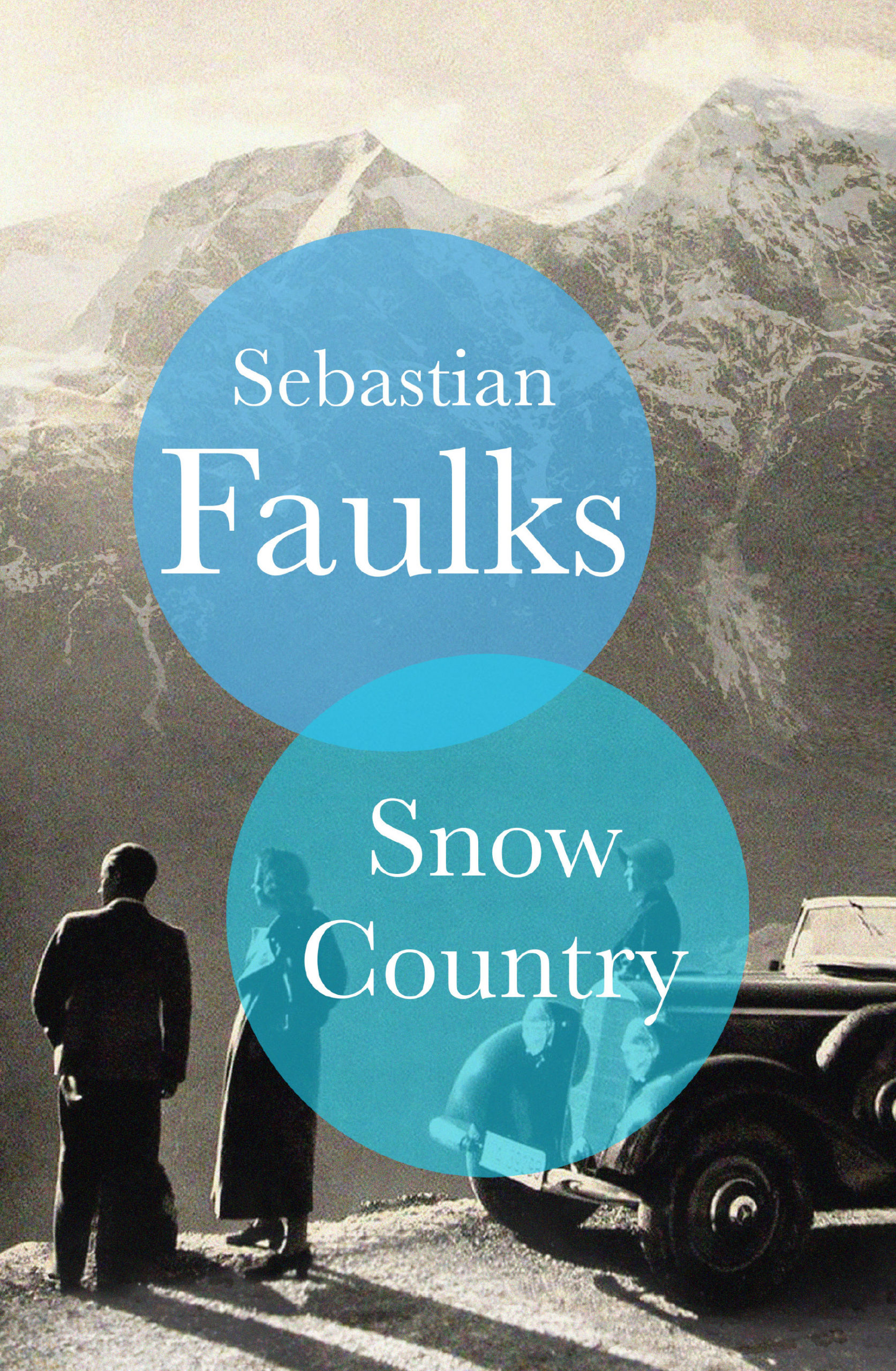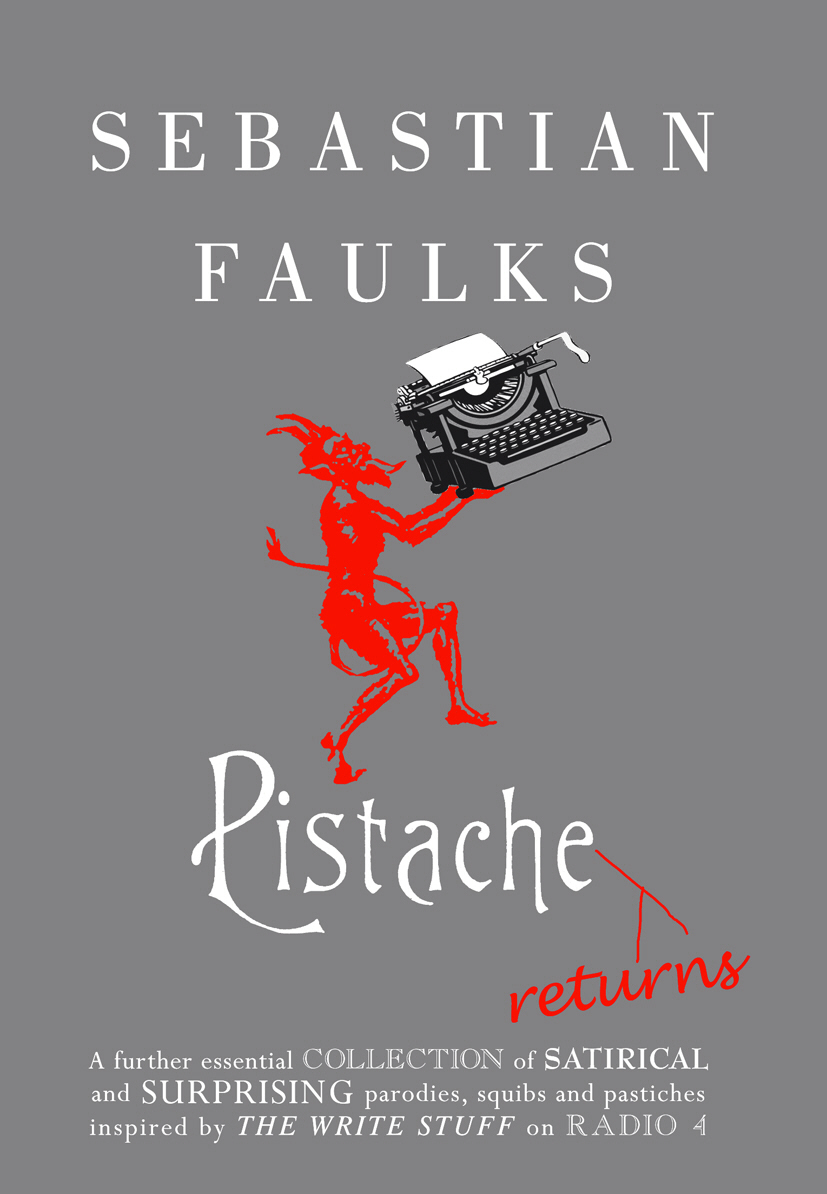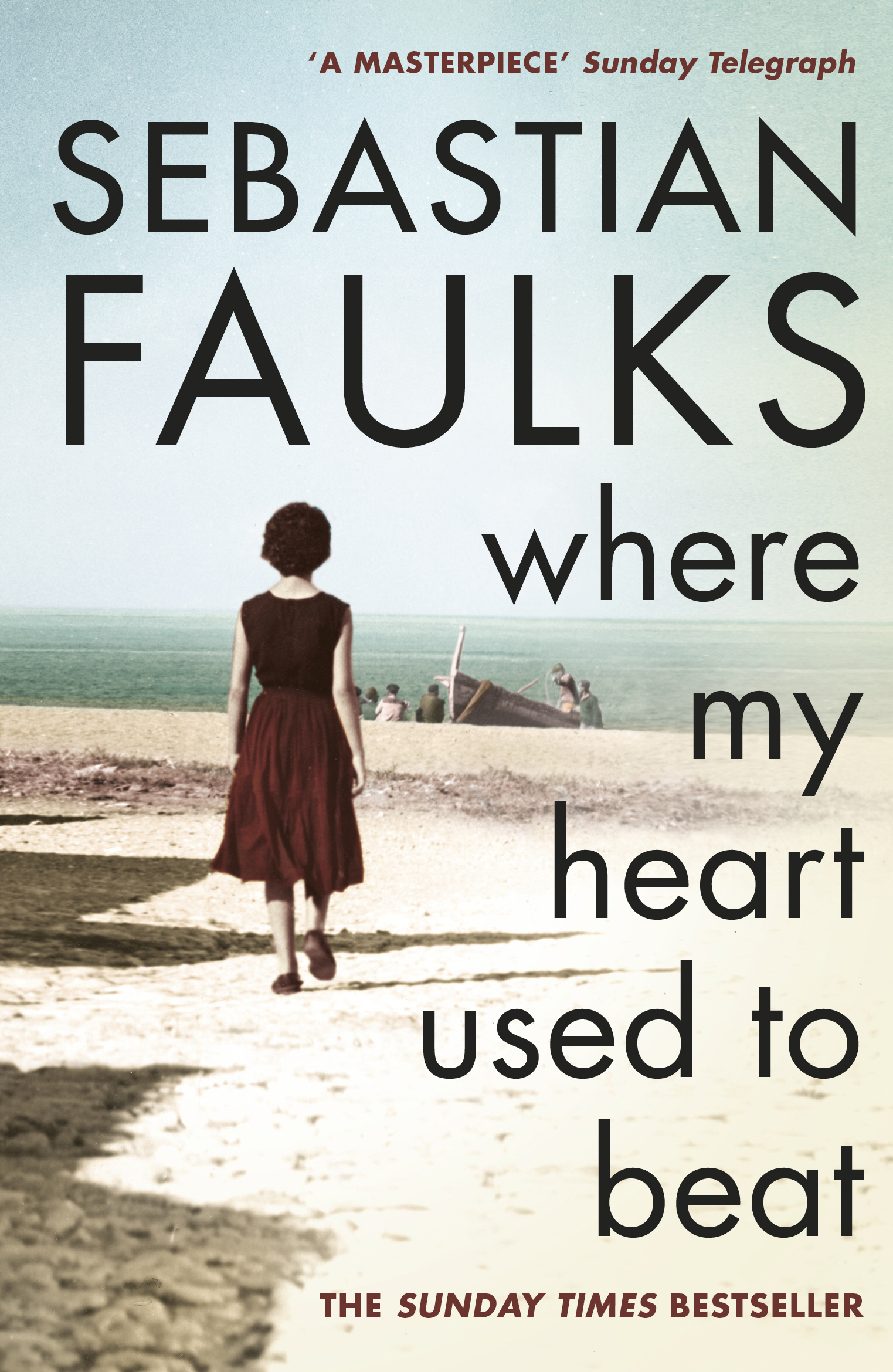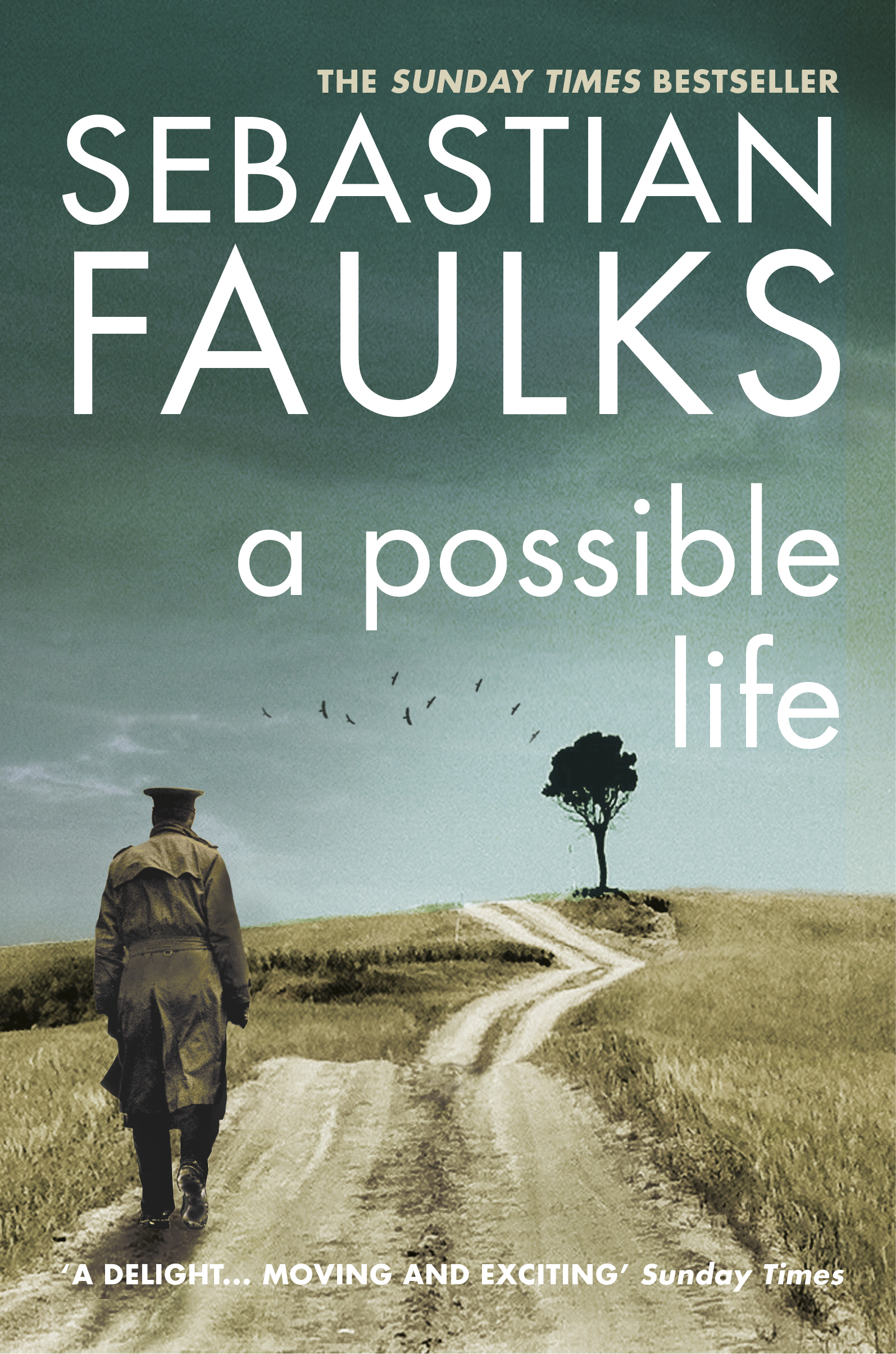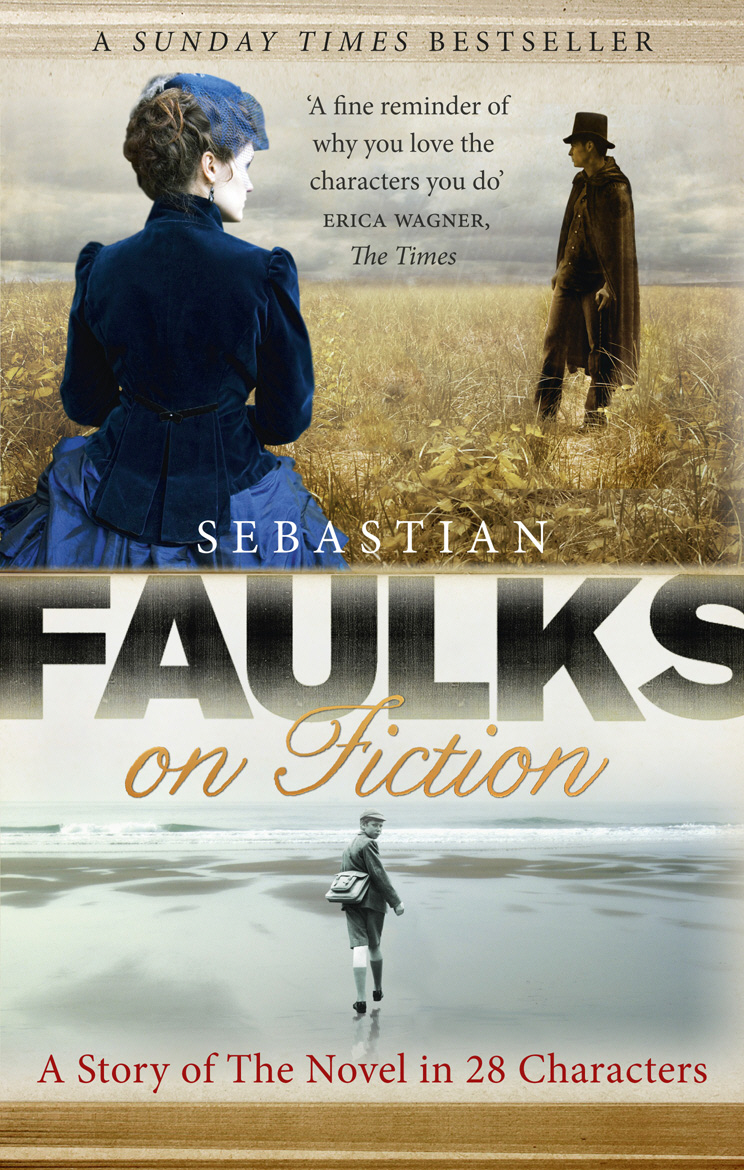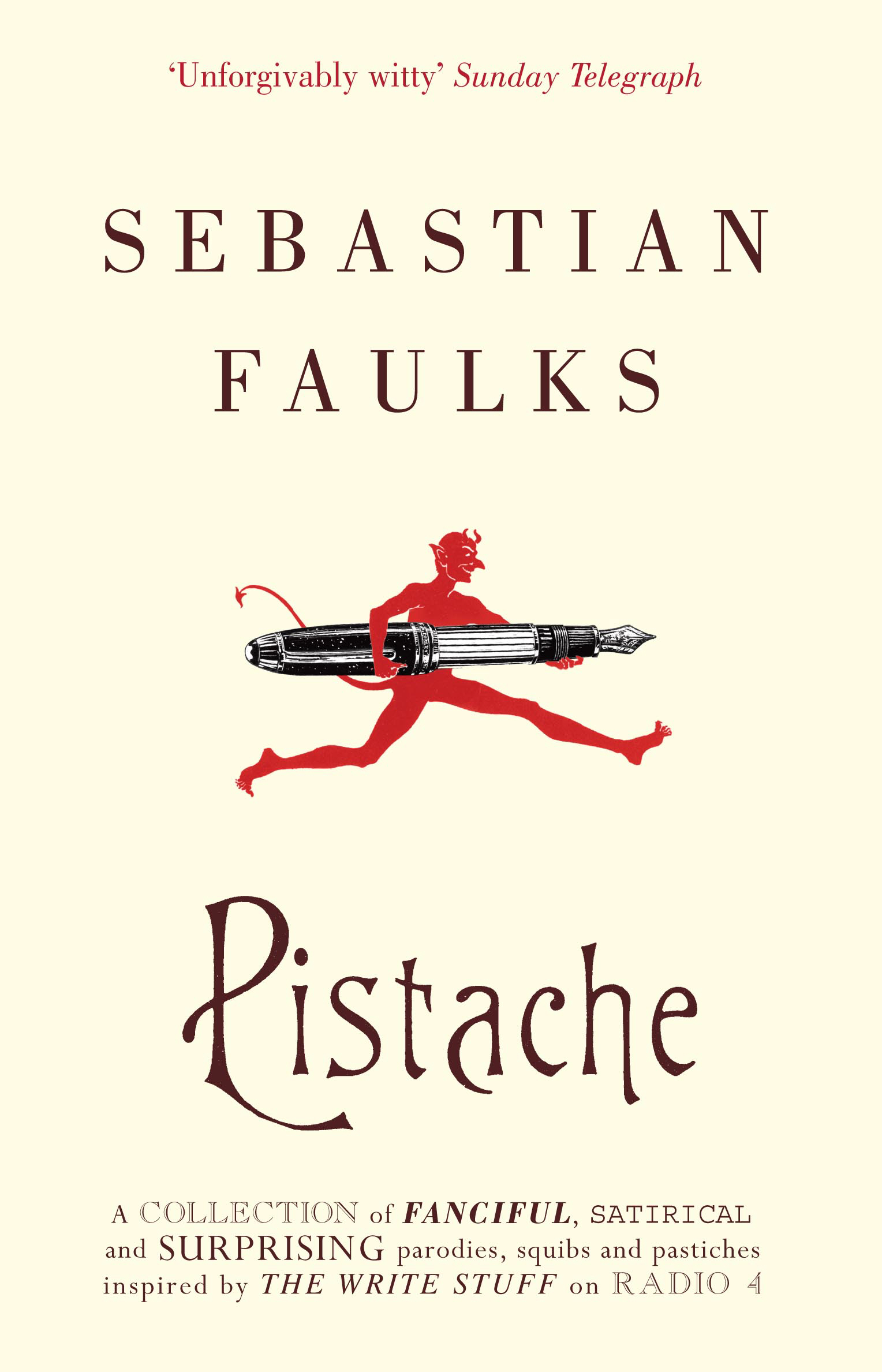The story of A Week In December
Faulks began with the intention of writing what he called a ‘modern Dickensian novel’, one in which characters from different walks of life were linked by initially unseen connections and in which London itself played an important part. The main characters are John Veals, a hedge fund manager, and his son, Finbar; Hassan al-Rashid, a student, and his father, known as Knocker; Jenni Fortune, a Tube train driver; Gabriel Northwood, a barrister; and R. Tranter, a hack journalist. At the beginning of the book it seems that all are destined to meet at a party given by a new MP’s ambitious wife, Sophie Topping; but what underpins and binds them all is that the lives they lead are virtual or synthetic: all have become disconnected from the ‘real’ world.
‘For some time,’ said Faulks, ‘I had been aware of people I occasionally met making five or ten million pounds a year for what appeared to be no more than making bets with other people’s money or “OPM” as they dismissively called it. The profits were theirs to keep with minimal tax, while any losses, because their operations were underwritten by high street banks, were for the taxpayer to shoulder. This seemed to me the greatest con trick ever perpetrated on the British public. It was embarrassing that it had been so enthusiastically embraced by a Labour government. When Gordon Brown opened Lehman Brothers office in Canary Wharf, he said, “What you have done for the City of London, I intend to do for the British economy.” And he did.’
Faulks spent some weeks researching the shadow world of credit default swaps and CDO’s, the instruments with which financial institutions almost broke the world banking system. ‘Don’t be taken in when bankers say it’s very complicated and we simpletons can’t understand it,’ said Faulks. ‘There are one or two tricky equations which few people – least of all the traders – could follow. But ninety per cent of it is simple enough.’ The character of John Veals demonstrates how gigantic profits can be made legally from inside information if the financier has no ethical sense. In the course of the week in question Veals builds a position based on the likelihood of a run on a traditional bank. The run will happen when Veals makes known the existence of a particular document he has surreptitiously obtained from a cleaner (in fact, a woman in his pay) in the bank’s head office.
‘Veals was difficult to get right because he is essentially one-dimensional,’ said Faulks. ‘That’s the whole point of bankers and financiers like him. They are, as his wife says, “functionally autistic”, with no interest in any aspect of life beyond hypothetical profit. For nuance of character, you have to look elsewhere. But of course it’s the sheer monomania that makes a man like Veals quite fascinating.’
The book was begun at the height of the boom and was not intended to be a novel of the crash. However, as the banking collapse approached, Faulks decided to shorten the time scale of the book, to squeeze it down into a week and locate it at the last minute that it was still possible to believe the good times would never end: December 2007. This involved considerable rewriting, Faulks admitted. ‘The new tight time scale, seven days, seven chapters, gave me urgency and structure, but it played havoc with developing relationships, which just don’t grow that fast. I had to sort all that out so the reader didn’t need to worry about it. It was technically very fiddly, but I hope that doesn’t show.’
Hassan al-Rashid, meanwhile, is a Scottish student at a dingy university on London’s south bank, who is exploited by Muslim extremists, to the extent that he is prepared to take part in a terrorist bomb plot. Faulks gives a sympathetic account of the attractions of an all-embracing belief system to a young man confused by conflicting cultural demands. ‘I was trying to understand how someone as ironic and as British as Hassan could be so badly led astray. After all, he’s a Kilmarnock supporter. The Yorkshire bombers of 7/7 were obviously in my mind.’
Gabriel Northwood, the barrister, is involved in a civil action about an attempted suicide on the London Underground, a case that also involves the driver Jenni Fortune. Both have an addiction to a virtual world — he to a lost lover and she to an internet game called Parallax – that they must lose before they are free to understand what hope for the future the other may hold out. John Veals’s son, Finbar, meanwhile, is addicted to genetically modified skunk and to a reality show on television called ‘It’s Madness’. A nervous breakdown lands Finbar in the same psychiatric hospital as Gabriel’s brother Adam – a hospital that is the intended target of Hassan’s terrorist attack.
The threads of this tightly woven plot are drawn together as the characters converge from all over London to the dinner party foreshadowed in chapter one. The book ends with a series of reverses and resolutions, some unforeseen, some reassuring and some chilling.
The book was well received by reviewers, who praised its seriousness, its topicality and its scathing satirical humour. While most of the press attention was extremely positive, some journalists attempted to find real-life models for the characters in the book – a quest Faulks described at the time as ‘puerile and doomed.’ Some gossip articles continued to treat it as a roman à clef, with the character of R.Tranter inviting particular speculation from fellow-journalists.The most frequently mentioned ‘model’, however, was discovered to be married with children, living in the countryside, while Tranter lives alone with a cat in the invented suburb of Ferrers End.
And some press coverage tried to inflame religious resentment, not over anything in the novel itself but over comments taken out of context from an interview. But, as Faulks put it, ‘The Muslim spokesmen these reporters contacted were pretty sophisticated, modern people, so that one didn’t really take off. There was one very nasty fundamentalist who tried to make trouble on his website. The police said they would force him to take down his comments if I requested it. But since part of the theme of the book was the emptiness of the virtual world, I decided not to. I think his persistent offences have since led to him being banned or deported.’
Owing perhaps partly to the large amount of press coverage, the book became Faulks’s fastest selling hardback, with a total of more than 150,000 copies sold in the Hutchinson hardback and trade paperback editions. In Vintage mass market paperback, published in September 2010, it went to number one in the Sunday Times bestseller lists, his only novel so far to have done so.
At a literary festival in October 2010, Faulks said, ‘It isn’t really the novel I intended to write. It developed this angry and comic satirical impulse under its own steam. The book I wanted to write, a sort of Dickens meets John Updike, still remains to be written. I enjoyed being in the present day for a change and of course it’s much easier to do, with far less checking of facts. I hope to return to the present for another book, but in more loving, less satirical mode.’
